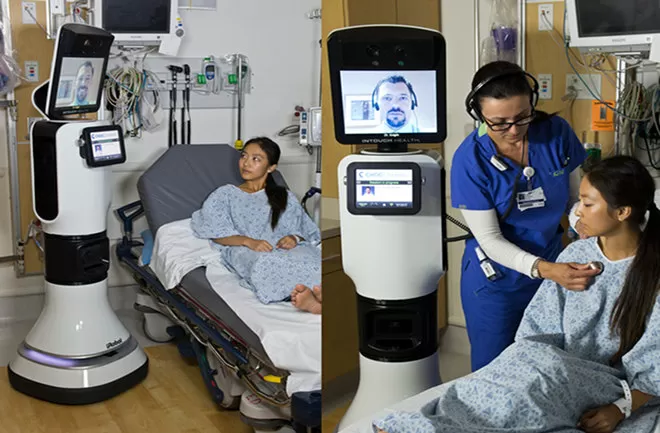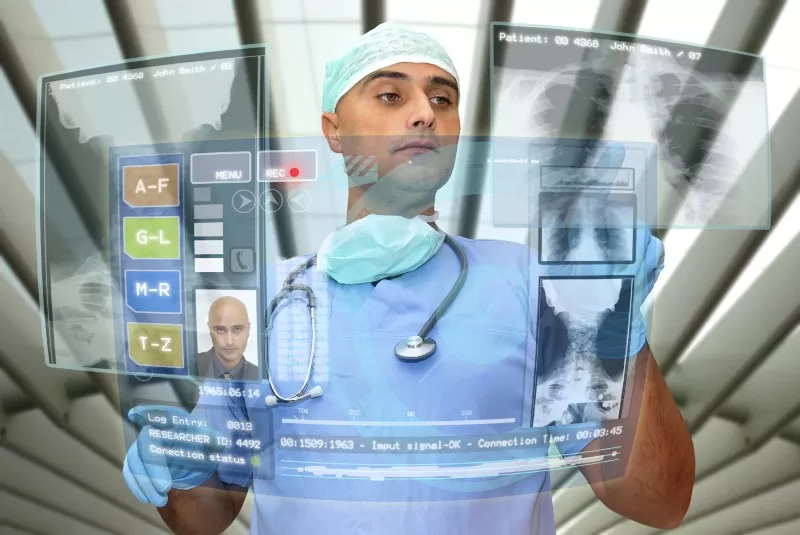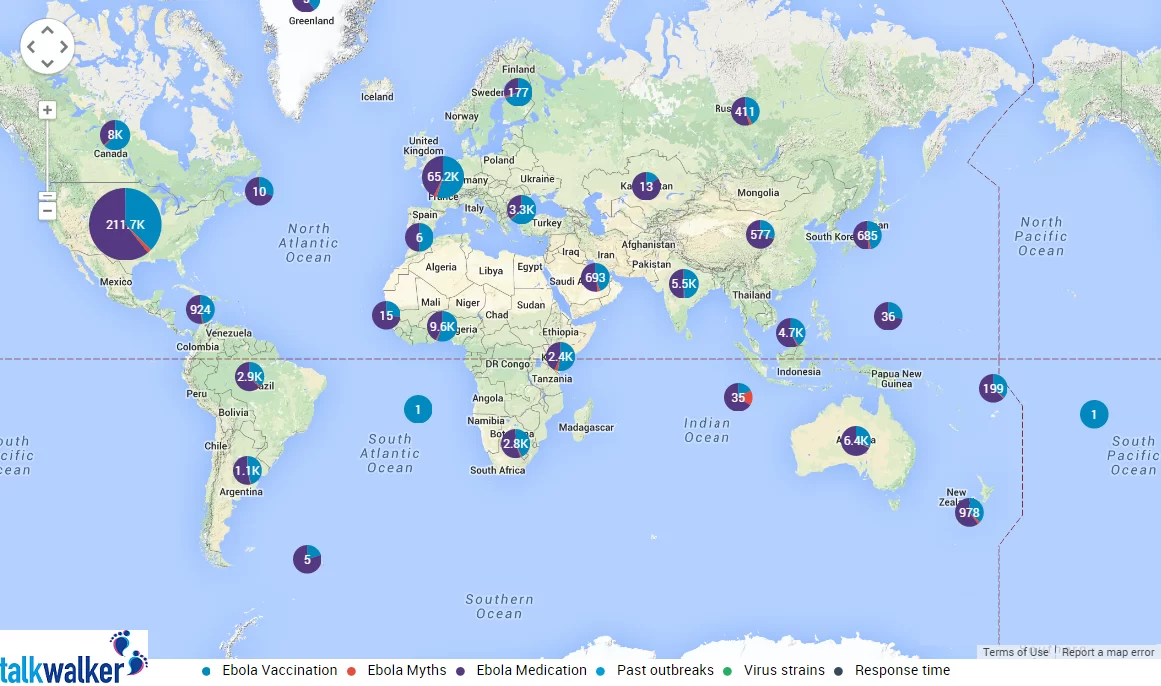The potential of data stored in EHRs, EMRs, patient portals, genetic databases, mobile apps, and other health-related sources has been untapped for too long. But now, big data technology makes it easier for healthcare organizations to gather and analyze that valuable health data while fighting fraud, improving care, and reducing costs, among other goals. Read on to learn how big data is changing the healthcare landscape.
Fraud Prevention and Identification
Fraud, waste, and abuse are one of the major causes of inefficiency in the global health system. In the U.S. alone, tens of billions of dollars are lost due to the healthcare fraud each year. Some cases are the consequences of unintentional errors caused by the complexity of the billing and reimbursement system that healthcare providers have to deal with. Others result from increasingly sophisticated fraud schemes powered by technology.
Insurers and federal agencies have been exploring different avenues to identify and prevent these cases for years, but they haven’t found an optimal solution yet. However, with big data analytics, gleaning insights from disparate sources like claims and social media posts can turn into more low-hanging fruit. For instance, Illinois has saved $22 million by using data analytics to reduce healthcare fraud.
Population Health Management
Disease Diagnosis
Big data analytics has started to play a prominent role in diagnostics. In the clinical imaging space, it is used to diagnose neurological diseases, pneumothoraces, detect extraluminal air in the abdomen and renal stones, and more. Evidence-based diagnosis is another application of big data that brings closer the way to detect diseases, disorders, and conditions that are otherwise hard to diagnose.

Identifying High-Risk Patients
Data scientists and healthcare providers are teaming up to detect high-risk and high-cost patients and determine factors that put patients at a greater risk of developing chronic diseases such as asthma and inflammatory bowel disease. Stanford researchers, for example, have put big data to use to recognize patients who may face the high-cholesterol disorder.
Disease Management
Paired with advanced analytics, big data can become a powerful tool for healthcare practitioners. It allows for timely and evidence-based decisions, and thus provides patients with more effective and personalized treatment based on their needs.
Patients with chronic diseases stand to make the most of it. Combined with machine learning algorithms, big data analytics can help to predict future clinical pathways and suggest best-practice treatment for chronic conditions.
Precision Medicine
Precision medicine has gained traction, and its foreseeable future is already here, as shown in research by the Precision Medicine Initiative. Precision medicine can make use of big data to combine all the available information about a patient (e.g. genetics, environment, lifestyle) with the global medical knowledge to arrive at better treatment decisions and more optimal, personalized prescriptions.
Genomic Medicine
Genomic medicine cannot live without big data, as it revolves around developing individualized strategies for diagnostic and therapeutic decision-making with the help of patients’ genetic information. Big data analytics is its lifeblood uncovering unknown correlations, hidden patterns, and other insights by analyzing large sets of multi-structured data through such tools as the ones offered by SAP.
Real-Time Patient Monitoring
Outside the hospital walls, the unexpected can happen in less than a second. Remote monitoring solutions such as home monitoring tools by Biotronic produce real-time data to save people’s lives through proactive support.
Healthcare organizations harness the power of the real-time data analytics solutions (for example, developed by Philips) to get a complete picture of patients suffering from multiple complex conditions and timely recognize a cloud on the horizon. They can also act swiftly when a patient’s state is worsening and requires intervention.

Readmission Rate Prediction
Hospital readmission rates have become the benchmark to identify the quality of care delivered to hospitalized patients. While it’s increasingly a burning issue in the value-based healthcare system, many of readmission cases can be avoided. The study shows that approximately 26% of hospital readmissions could have been prevented, thus saving millions of dollars. That’s why institutions with high readmission rates are intensifying their efforts to reduce rehospitalization.
Since healthcare providers barely scratch the surface with their manual processing of EHR details and attempts to predict readmission rates, this job is definitely for big data. Hospitals in Paris went even further by deploying big data and machine learning solutions to forecast admission rates.
Epidemiological, Сlinical and Pharmacovigilance Studies
Used in clinical trials, big data can streamline trial design, assist researchers in data exchange and multi-study analysis, as well as patient recruitment to clinical trials. For instance, AstraZeneca, a pharmaceutical and biopharmaceutical company, is a pioneer of real-world studies aimed at determining the most effective and economical treatments.
Big data can come in handy when developing a possible new treatment for cancer or running pharmacovigilance-related activities. Big data can also help in fighting epidemics, including the ones with a lengthy incubation period like Ebola.

Medication Adherence Improvement
Prescription drug abuse causes the largest percentage of drug overdose deaths. Big data analytics can become the next big thing in improving medication adherence.
Healthcare providers and pharmacists can spot and stop non-adherence by using big data analytics to process and analyze data from different sources (e.g., EHR, pharmacy claims, and patient portals). Such solutions are capable of producing quick insights to track abnormal activity, predict patient behaviors, and even uncover different reasons of non-adherence, such as high drug prices.
Final Thoughts
Treatment delivery models are rapidly changing to address emerging, more complex patients’ needs. Fortunately, the big data revolution is already underway as many healthcare organizations already rely on the power of data to make well-informed decisions. Insights derived from large amounts of heterogeneous medical data can be used by providers to better cure diseases, predict epidemics, avoid preventable deaths, and reduce waste.









